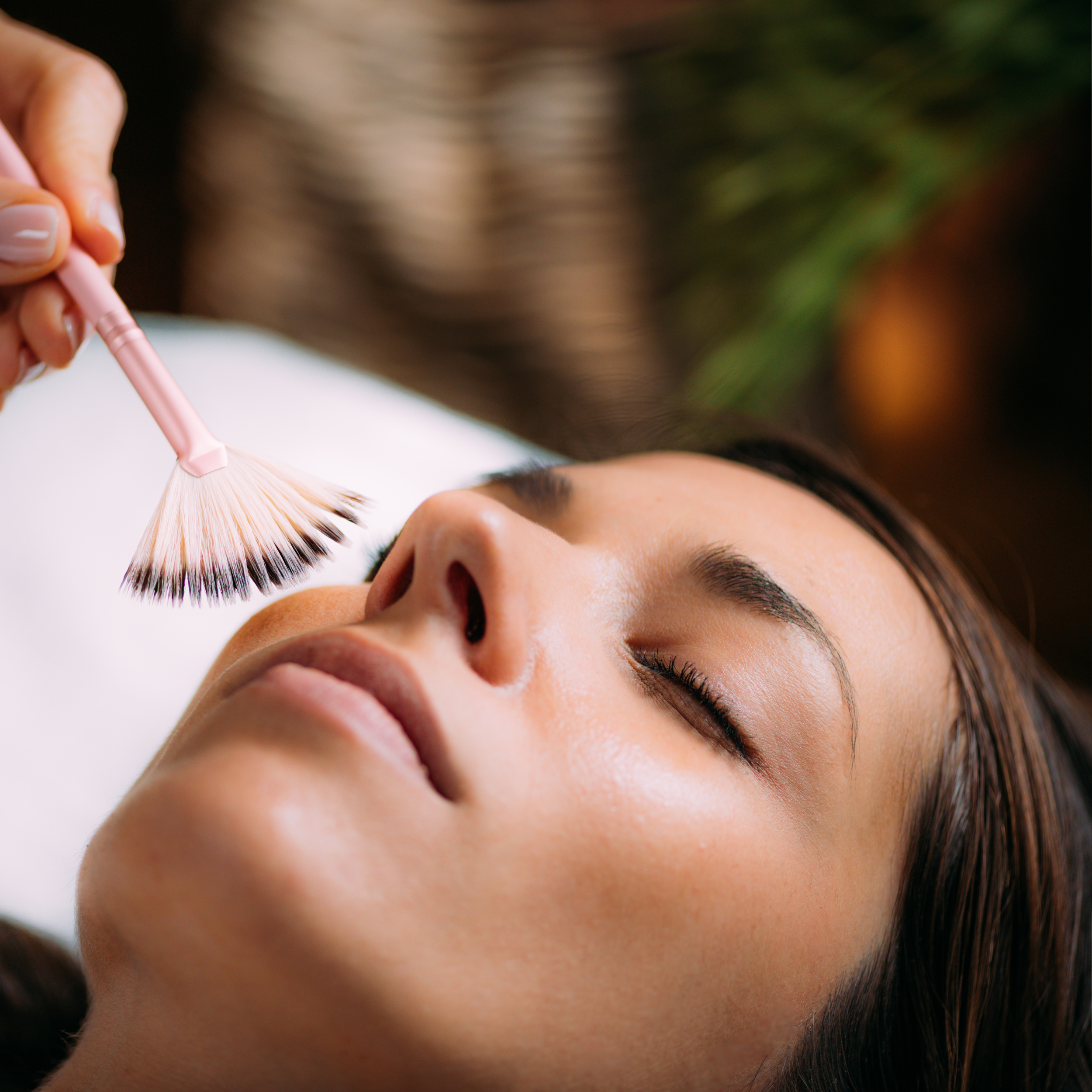
CHEMICAL PEELS course
CPD Accredited Course
£100.00
The Chemical Peels Course is a specialized program designed to provide in-depth training on the safe and effective application of chemical peel treatments. This course equips participants with the knowledge and practical skills required to perform a range of chemical peels, which are popular non-invasive treatments for skin rejuvenation, improving skin texture, and addressing various skin concerns.
INCLUDES:
FULL PRODUCT STARTER KIT by NATINUEL NEXT GENERATION
FREE online Anatomy and Physiology level 3 course (CPD accredited)
Two options to choose from:
HALF DAY COURSE (Combination course 1 to 1.In depth theory on easy to use online platform - we recommend allowing 7 days to complete theory. Theory revision on the practical day. Multiple models provided for practical training part of the training. )
FULL DAY COURSE (Combination course 1 to 1. In depth theory on easy to use online platform - we recommend allowing 7 days to complete theory. Theory revision on the practical day. Expanded version with even more models provided for practical training part of the training. )
Suitable for beginners, however Anatomy and Physiology level 3 highly recommended
This is a CPD Accredited Course
Introduction to Chemical Peels – Participants will be introduced to the different types of chemical peels (superficial, medium, and deep), their uses, and how they work to improve skin appearance by exfoliating and removing dead skin cells.
Skin Anatomy and Physiology – A foundational module covering the structure and function of the skin, allowing participants to understand how chemical peels affect various skin layers and the importance of selecting the right peel for each skin type and condition.
Types of Chemical Peels – Detailed theory on different peel agents such as Alpha Hydroxy Acids (AHAs), Beta Hydroxy Acids (BHAs), trichloroacetic acid (TCA), and more. Participants will learn how to choose the correct peel type based on the client’s skin condition and desired outcomes.
Indications and Contraindications – This module covers the various skin concerns that chemical peels can address, such as acne, pigmentation, fine lines, and sun damage, as well as conditions that may prevent treatment.
Client Consultation and Skin Assessment – Participants will learn how to conduct thorough consultations, assess skin types, and recommend appropriate peel treatments. This includes gathering medical history, discussing potential outcomes, and setting realistic expectations for the client.
Practical Application of Chemical Peels – Hands-on training with live models, where participants will apply different types of chemical peels and practice techniques such as layering, application time, and neutralization. Emphasis is placed on ensuring client safety and comfort.
Post-Peel Care and Aftercare Advice – Learning the best practices for post-treatment care, including the use of sunscreens, moisturizers, and other skin care products to promote healing and enhance results. Participants will also be trained in managing potential side effects such as redness, peeling, or irritation.
Complication Management – Guidance on how to identify and manage complications that may arise from chemical peel treatments, ensuring practitioners are fully prepared to handle adverse reactions and ensure client safety.
